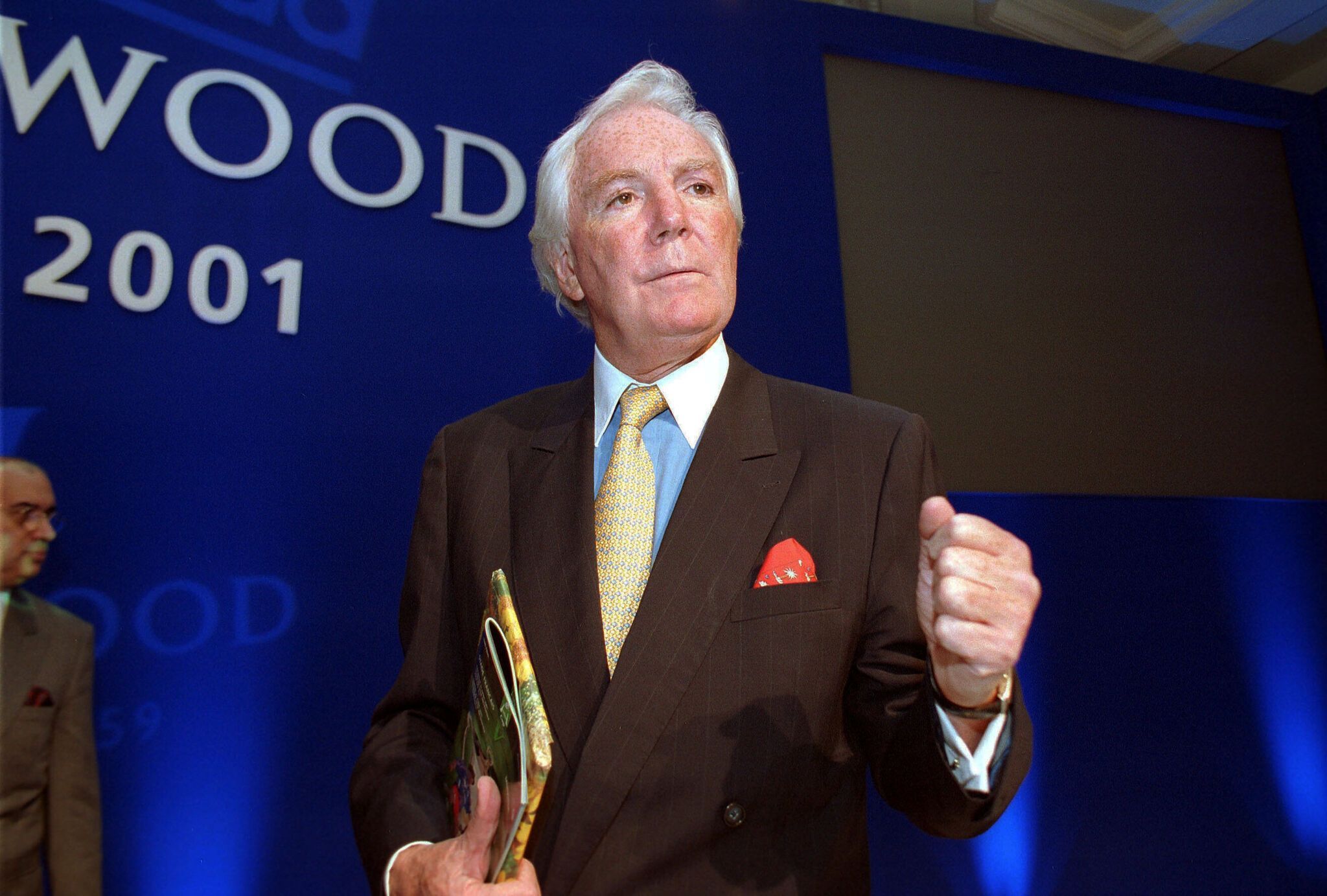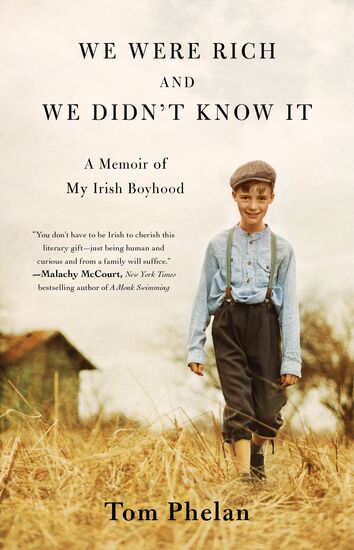How and where to sum up a life as varied and rich as that of Tony O’Reilly? I think of Walt Whitman’s “I am large. I contain multitudes
.” As Taoiseach Simon Harris said, “Tony was a giant of sport, business and media.”
Tony was also a giant in philanthropy supporting peace, culture and charity in Ireland, inspiring hundreds of others, including Chuck Feeney and Loretta Brennan Glucksman. When I was appointed Press Officer in 1976 for the Irish Government in the United States, I came to appreciate Tony O’Reilly’s talents and commitment to Ireland. Back then, our diplomatic priorities were twofold:
First, seek American support for the peaceful and non-violent unification of Ireland, and second, encourage inward investment to create much needed jobs in Ireland. O’Reilly was a vital and a hugely generous and influential ally in achieving both goals.
A determined supporter of constitutional Irish nationalism, his vision of an agreed Ireland echoed that advocated by John Hume. Tony had the vision to realize that Irish Americans, very angry about the discriminatory attacks on Catholics in Northern Ireland, needed an alternative way to help instead of funding the IRA.
Together with Dan Rooney, he created the American Ireland Fund to channel the extraordinary generosity and dedication of Irish Americans towards peace projects.
This forged a new era in Irish-American relations, changing, as the Minister for Foreign Affairs, Micheal Martin said, "the global narrative on peace and reconciliation on this island." Irish diplomats arranged for Hume and Government Ministers to speak at Ireland Fund dinners around the U.S. where they were joined by Irish American politicians like Speaker Tip O’Neill, whose daughter Susan has been a longtime organizer of the national Washington Ireland Fund Gala.
Together they raised much needed funds for peace projects in Northern Ireland that had been vetted by Senator Maurice Hayes and a dedicated committee of local community leaders.
Three giants in their fields: Actor Paul Newman, then Taoiseach Albert Reynolds and Independent News and Media Chairman Tony O'Reilly at Barretstown Castle in Kildare, April 30, 1994. Newman had signed a 99 year lease with the Irish government at a pound per year. It would be a home for sick children. RolligNews.ie photo.
“The Irish,” wrote the British historian Macaulay, “were distinguished by qualities which tend to make men interesting rather than prosperous.”
Tony broke that stereotype in dazzling ways. He helped achieve our second diplomatic goal by mobilizing his contacts on many boards such as Exxon Mobil and the Washington Post to open doors for the IDA to demonstrate that Ireland was open for business.
O’Reilly also encouraged American investors to go to Northern Ireland. For many years he lobbied the British government, without success, to create a low corporate tax rate in Northern Ireland similar to that in the Republic. Like many other people who came from an island where millions had emigrated to build a new life, Tony was at home in the furthest corners of the world.
Whether it was establishing new businesses for the Heinz food company in South Africa, China or India, he fervently believed that globalization would be a benign force for global peace and shared prosperity.
Sadly, 50 years later, globalization has not worked out for the world as China, India and the United States become more protectionist and free trade’s benefits are widely questioned amidst growing inequality in America and Europe. In 1988, under a blaring headline, “Tony O’Reilly Astride Two Worlds,” the New York Times explained that O’Reilly was a manager in America and an investor in Ireland.
This was my experience with Tony as we worked closely together at Heinz for ten years from the late 1980s. (I had taken leave of absence from the Department of Foreign Affairs to experience business from the inside and to enable my American wife to return to her country.)
As CEO Of Heinz, Tony believed that his first duty was to put the right people in the right seats on the bus. He gave top managers wide autonomy, but if they did not perform, they were managed out.
''Tony is very competitive, and his scorecard is the bottom line,” said one senior Heinz colleague. “But he is also motivated by friendship. He'll go that extra mile for people, so we'll go that extra mile for him.'' Tony used humor and charm to lighten up business meetings and to motivate managers.
Like Noel Coward, he believed that work was much more fun than fun. Ever since the Lions rugby tour of South Africa in 1955, O’Reilly was drawn to that country. Along with Ted Sorensen and Andrew Young,
Tony organized, decades later, the South Africa Free Elections Fund to support Nelson Mandela and the ANC in 1993. Two years earlier, Mandela had announced the end of sanctions at the Heinz distinguished lecture in Pittsburgh.
Addressing the audience, Mandela greeted O’Reilly as “Rooikop Tony,” or Red Tony, the nickname he had earned in the sports pages during the Lions rugby tour. When Tony retired from Heinz and went back to Ireland, I stayed in the United States where my wife and family had put down roots.
Everybody knows the story of how the digital revolution destroyed the profits of his newspaper empire, a fate tragically shared by other newspapers. But it was his attempting to save Waterford Glass rather than offshore it to Asia that dealt O’Reilly the final financial blow.
The Irish banks have seen fit to give many other business leaders a break but Tony faced the crisis with his characteristic fortitude, recalling the Kipling advice to treat the two imposters of triumph and disaster just the same. It is now heartening to see that Tony, after enduring such a hard time, is finally receiving the plaudits he so long deserved for his service to Ireland.
Ni bheidh a leitheid aris ann. Among his multiple roles in life, Ted Smyth is a former Irish diplomat and Chief Administrative Officer at the HJ Heinz Company.








